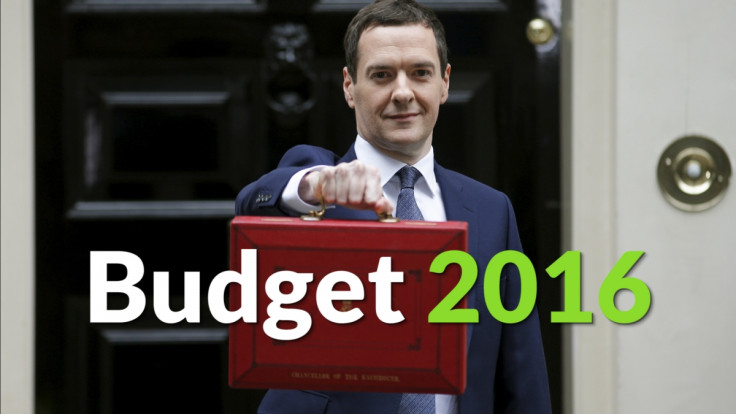Budget 2016: Government to reveal plans to force all schools into becoming academies

George Osborne is set to announce radical plans for the government to force every school in England to become an academy in the upcoming Budget. Draft legislation outlining the plans could be drawn up within days by the Department for Education after the chancellor delivers the budget on 16 March.
Local authority power over schools had been in place since the Victorian era. Academies were introduced under Tony Blair and was expanded under the Coalition in 2010.
At first, only new schools could become academies but former education secretary Michael Gove allowed existing schools to transform into academies. The new proposal says that schools will be forced to become academies whether parents, pupils and teachers want them to or not.
David Cameron laid out his vision for every school to become an academy by 2020. He said: "Those schools that are sponsored by academies, you can see the improvement in their results since they were taken over and given that extra independence and that extra assistance.
"My vision for our schooling system should be that every school should aspire to have that independence, for the head to be captain of the ship, to be able to make greater determination about the future of that school."
The Guardian reported that work on the legislation will begin before the purdah period for May's local and regional elections and the EU referendum. In 2014 Polling by ICM found that 57% of people oppose academy schools compared to just 32% who support them.
And a 2015 study carried out by the Local Government Association (LGA) found that academies did not generally outperform local authority schools. The shadow schools minister, Lucy Powell, said there was: "no evidence to suggest that academisation in and of itself leads to school improvement".
What is an academy school?
Academies are state-funded schools in England. They are directly funded by the DfE and are independent of local authority control.
Academies do not have to follow the national curriculum and can set their own term times. As of June 2015 there were 4,676 academies – compared to 203 in May 2010 – with hundreds more in the pipeline.
They have more powers over their own budgets, the hiring of staff and the length of school day.
They still have to follow the same rules on admissions, special educational needs and exclusions as other state schools.
Supporters of the academy structure say that it gives schools more independence from local authorities to improve and teach the way they want to.
Critics argue that it is a way of privatising the education system, as it allows private providers to set up "chains" of schools.
Although finances for schools are ring-fenced and cannot be adjusted in the budget the new policy of transforming every school in the country into an academy means that all schools will be funded centrally, thus requiring a change in funds.
© Copyright IBTimes 2025. All rights reserved.






















